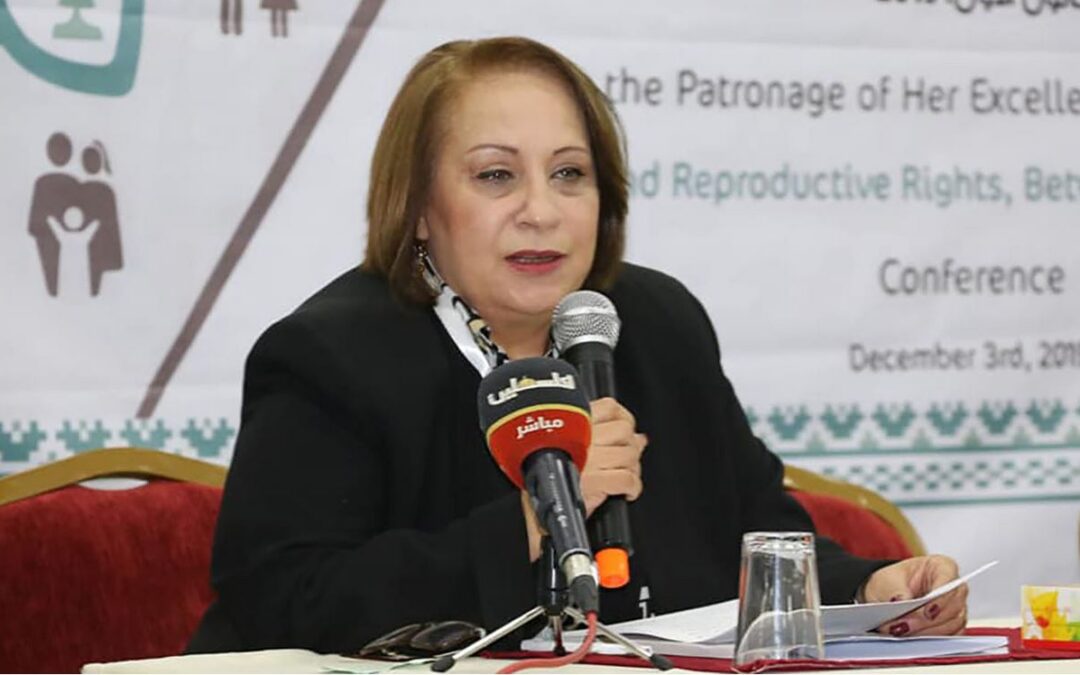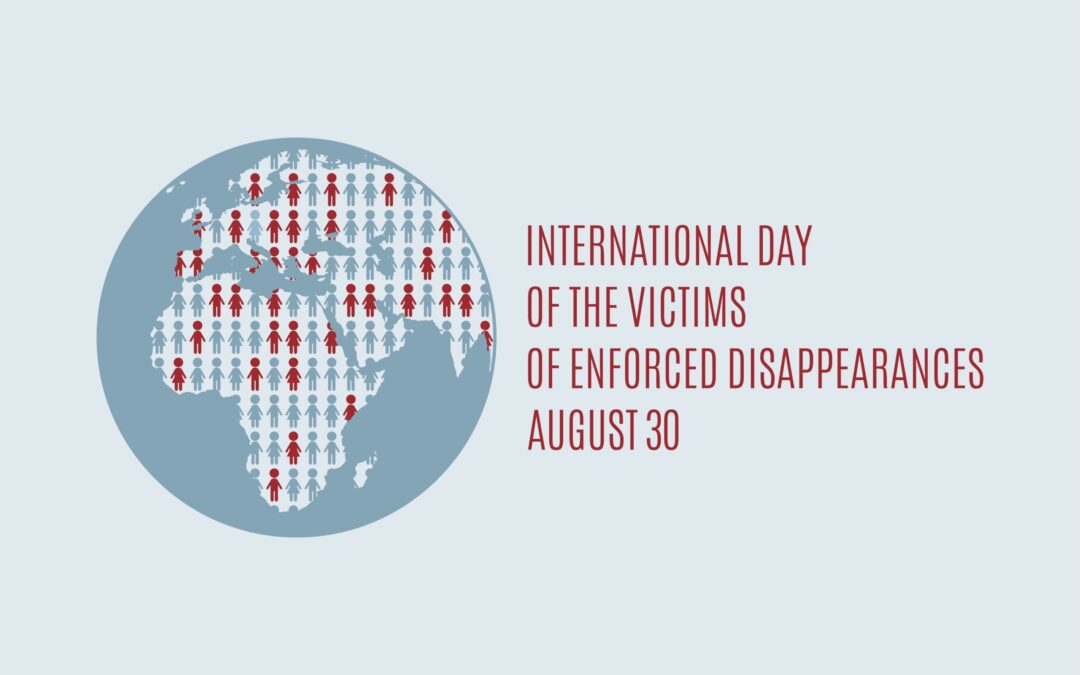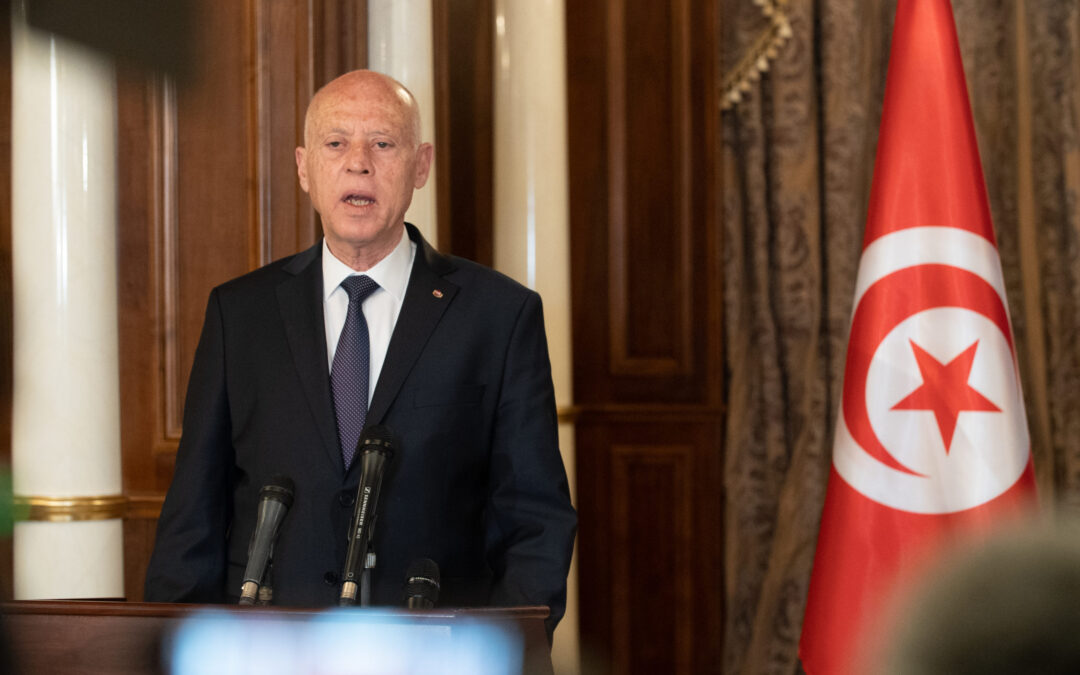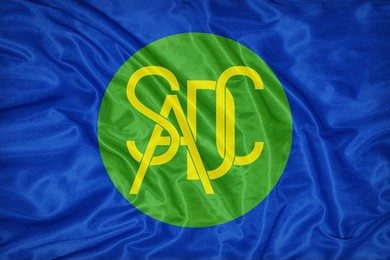
Sep 2, 2021 | News
Israeli authorities must end Shatha Odeh’s arbitrary detention, immediately release her, and provide compensation for her unjust detention, the International Commission of Jurists (ICJ) said today.

Aug 30, 2021 | News
Today, on the occasion of the International Day of the Victims of Enforced Disappearances, we the 33 undersigned local, regional, and international organizations, associations, and networks come together to highlight the dramatic and persistent nature of enforced disappearances in the Middle East and North Africa (MENA) region and the accompanying impunity enjoyed by perpetrators of these crimes throughout the region.

Aug 3, 2021 | News
An independent and impartial judiciary must hold in check President Kais Saied’s arbitrary exercise of power, the international Commission of Jurists (ICJ) said today.

Aug 3, 2021 | News
As the first anniversary of the devastating Beirut port blast approaches, the Lebanese government must stop interfering with the ongoing judicial investigation into the explosion and ensure that those responsible be held to account, the ICJ said today.

Jul 26, 2021 | News
On 15 July 2021, the ICJ and the Southern Africa Litigation Centre (SALC) hosted a workshop on strategic litigation’s potential for ensuring equitable COVID-19 vaccines access in Southern Africa.









